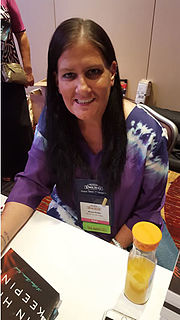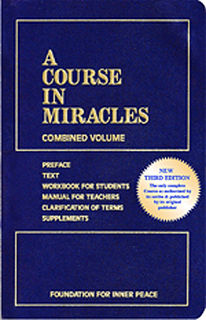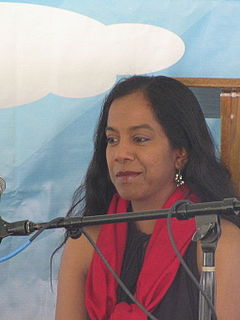A Quote by Abbas Kiarostami
Usually when I take my films to festivals, I feel incredibly anxious about them. I wonder how it will be received, how the audience will react. I feel deeply responsible for them.
Related Quotes
The kind of sleep that I had during my own film [Certified Copy] screening in Cannes is different. It's not because of the specificity of the film. It was because of my relationship as an author to this film. Usually when I take my films to festivals, I feel incredibly anxious about them. I wonder how it will be received, how the audience will react. I feel deeply responsible for them. Whereas this time, I didn't have that responsibility on my shoulders.
How do I change? If I feel depressed I will sing. If I feel sad I will laugh. If I feel ill I will double my labor. If I feel fear I will plunge ahead. If I feel inferior I will wear new garments. If I feel uncertain I will raise my voice. If I feel poverty I will think of wealth to come. If I feel incompetent I will think of past success. If I feel insignificant I will remember my goals. Today I will be the master of my emotions.
The way you will experience and feel about yourself is not determined by how other people look and feel about you. The way that you will experience and feel about yourself is actually determined by how YOU look at and think about THEM. Whatever we think about others is really like sending a message about ourselves to our self.
I just like to explore honest thoughts or feelings. How I'm feeling at the time. I want to explore it and talk about it and have a conversation with the audience. I want to throw something out there, see how they feel about it, and tell them how I feel about it. I know that's really relaxed, but that's the most fun.
I really try to avoid, you know, rolling out the history. The people are so important to me, and what happens to them, how they react, how things happen to them, this is what is important. I feel that if I can tell THAT story well, then people will go and Google the rest and fill in what they need to know.
It's so much more fun to do the work than to talk about it. I will have to admit that. Everybody gets to decide how they feel, and what to take away by themselves, and that's what you hope for. That people will take away different things and have different experiences from the work we do as actors. So I don't like to prescribe how to feel about the work I do.
I'm such an incredibly, stupidly sensitive person that everything that happens to me, I experience it really intensely. I feel everything very deeply. And when you feel things deeply and you think about things a lot and you think about how you feel, you learn a lot about yourself. And when you know yourself, you know life.
Try not to pay attention to those who will try to make life miserable for you. There will be a lot of those-in the official capacity as well as the self-appointed. Suffer them if you can't escape them, but once you have steered clear of them, give them the shortest shrift possible. Above all, try to avoid telling stories about the unjust treatment you received at their hands; avoid it no matter how receptive your audience may be. Tales of this sort extend the existence of your antagonists.
I think that film festivals, we're very often given to understand, are about filmmakers and about films and about the industry of filmmaking. I don't believe that they are, I believe that film festivals are about film audiences, and about giving an audience the encouragement to feel really empowered and to stretch the elastic of their taste.
I have a brilliant sound design team who's been working with me since 'Mr. Robot,' and one of the things we always think about - and it's also something we think about with cinematography - is how we get inside the characters' heads and how do we place the audience where we want them to be or how we want them to feel at any given moment.





































